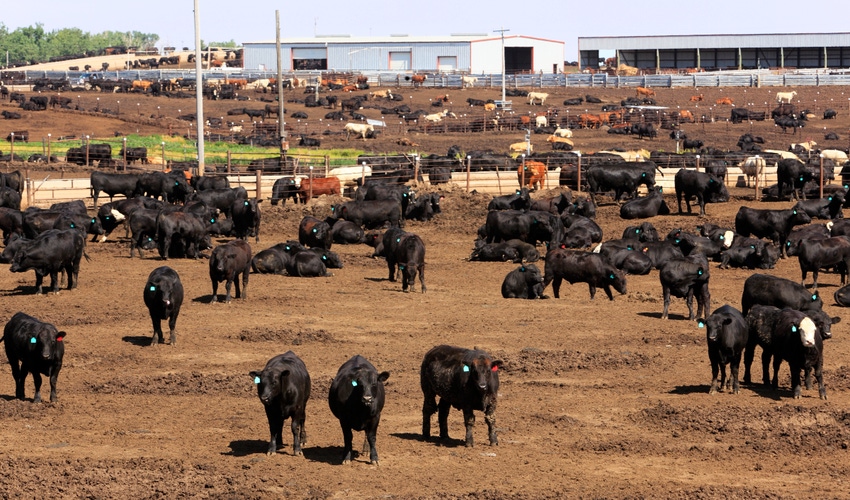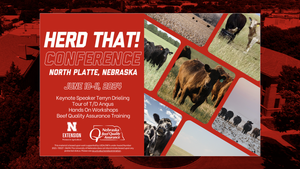State leaders advocate for Nebraska cattle producers following heat event
High heat, humidity over several days impacted cattle feeders.

A trifecta of extreme temperatures, high humidity and lack of air movement over the course of several days recently impacted cattle feeders in the east central region of Nebraska, according to Gov. Jim Pillen. Following the event, Pillen called Agriculture Secretary Tom Vilsack to inform him of livestock losses, asking him to ensure producers receive timely and appropriate federal support through existing disaster assistance programs such as the Livestock Indemnity Program (LIP).
“The weather situation only lasted a few days, but some Nebraska producers were significantly impacted. Connecting affected producers with emergency resources available to them is important,” said Gov. Pillen. “I appreciate the time Sec. Vilsack took to understand what our cattle producers experienced, and I am hopeful he will be able to assist in this unique situation.”
The LIP provides financial benefits to producers who suffer excessive livestock losses due to adverse weather. All losses or injuries must be documented within 30 days, making reporting of those situations time sensitive.
Gov. Pillen urged producers to do their part and report losses to their county Farm Service Agencies (FSA).
“Those offices are the front lines for determining eligibility for federal assistance. Any producers whose herds were adversely affected by the extreme heat need to document and report their losses to FSA as soon as they can,” said Gov. Pillen.
Meanwhile, Congressman Mike Flood sent a letter to the USDA and FSA also urging their timely response to the livestock losses in his state.
“Nebraska leads the nation in every aspect of beef production. We are the top beef processing state, number one for cattle on feed, and the lead exporter to several nations around the world. The beef industry has an undoubtable impact on the lives of almost every Nebraskan,” Rep. Flood said. “I urge the USDA and the FSA to work quickly and diligently in responding to producers, providing technical assistance, processing applications, accurately calculating payments, and delivering much-needed relief.”
About the Author(s)
You May Also Like




.png?width=300&auto=webp&quality=80&disable=upscale)
